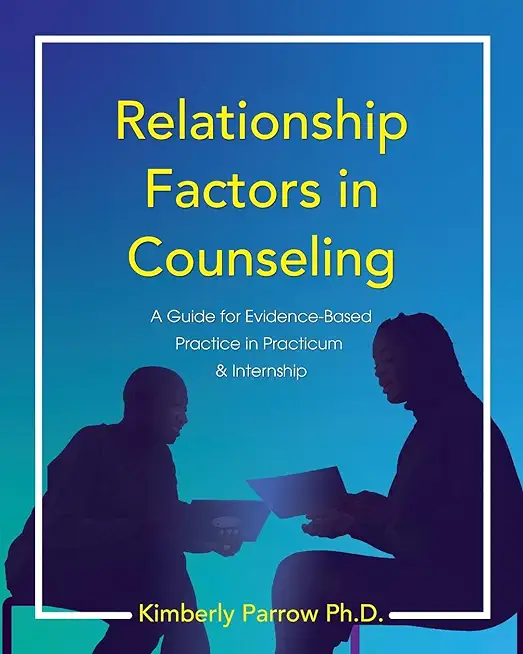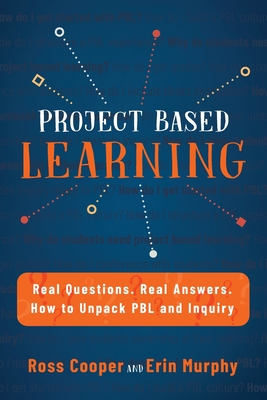
Parrow, Kimberly
The book leverages the evidence-based relationship factors (EBRF) model to help students develop therapeutic relationship skills, expand their cognitive thinking skills, and improve their counseling effectiveness. Students learn about 10 relational elements identified by the American Psychological Association (APA) task force in support of EBRF-based practice: cultural humility; congruence; unconditional positive regard; empathic understanding; the working alliance (emotional bond, goal consensus, and task collaboration); rupture and repair; managing countertransference; and progress monitoring. Each chapter explores a specific relationship factor, providing a definition, a brief literature review, cultural identities and contextual considerations, and examples of relationship factor measurement. Additionally, skill development activities and voices from the field spotlights enrich the learning experience and bridge the gap between theory and practice.
Fully aligned with the ACA ethics code and CACREP standards regarding teaching and conducting evidence-based practice, Relationship Factors in Counseling is exemplary for counseling practicum courses and internships.
member goods
listens & views

DEVIL'S JUMP-INDIE LABEL BLUES 1946-1957 ...
by DEVIL'S JUMP-INDIE LABEL BLUES 1946-1957 / VARIOUS
COMPACT DISC$24.25






